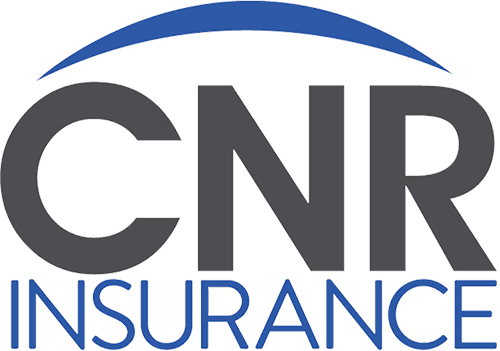Anyone over a certain age has heard of the “the three Rs” of education – reading, ‘riting and ‘rithmetic – but there are certain life skills none of your schooling will teach. In fact, it takes a lot more these days to succeed after your schooling ends, especially when it comes to making sure you have the financial resources to take care of yourself and your family.
Here are five life hacks that you may not learn in school.
1. Paying off debt
Recent statistics from the Federal Reserve show the average American household owes between $7,123 and $15,270 in credit card debt and $32,258 in student loan debt. Additionally, the Federal Trade Commission reports that many people face a financial crisis at some point in their life, whether due to illness, loss of a job or overspending. That debt becomes a looming problem in just such situations.
Regardless of what got you into trouble, getting out of debt is one of the most important things you can do to ensure a solid financial future. The FTC says an important first step is to create a household budget, making sure the amount you take in each month is greater than your expenses. Once expenses are under control, use extra cash to pay down credit card debt as quickly as possible, starting with those cards that have the highest interest rates. You may also want to consider credit counseling or debt management services, but be sure to do your homework to avoid scams.
2. Negotiating a salary increase
Companies are planning moderate salary increases of 2.9 percent for their salaried non-management employees in 2014, according to a survey of 910 U.S. companies by Towers Watson, a global professional services company. Employees shouldn’t sit back and expect a pay increase, however – they should ask for it. When asking for a raise, experts recommend arming yourself with facts about your company’s financial performance and the salaries of others in comparable positions. And when you do request a pay increase, don’t say it’s because you need the money. Focus on the value you bring to the company, such as increased profits or the acquisition of new clients.
3. Buying a house
With debts under control and a better salary in place, many people start thinking about buying a home. One of the first things to consider is how long you plan to stay in the house. The up-front costs of purchasing a home, including closing costs and real estate agent fees, may cause you to lose money if your home value doesn’t increase enough by the time you plan to sell. Many experts advise staying in your house for at least three to five years, but a mortgage calculator can help you run the numbers. You should also consider other expenses like home insurance, property taxes, association fees and maintenance.
4. Saving for the future
Whether it’s for a house, a car, child’s college education, or your own retirement, saving for the future can seem daunting if not impossible, but it’s easier than you might think. It starts with creating a household budget (see point #1). Next, adopt a mindset of “paying yourself first” – commit to setting aside a certain amount in savings each month and treat that as you would any other household bill that must be paid. Finally, start saving as early as possible to take advantage of compound interest (That’s earning interest on your interest.). One common rule is aim for 50/20/30.
5. Protecting your assets
Even if you earn a good income, are debt-free and are diligent about saving for the future, few people could absorb the cost of a catastrophic event like a major illness or accident. That’s where insurance comes in. Insurance allows you to drive a car knowing that the cost of repairs or medical care will be covered in the event of a crash. It also enables you to own a home knowing that it can be repaired or replaced if it’s damaged or destroyed. Life insurance can even give peace of mind knowing that your family will be taken care of if something happens to you.
“Insurance is a critical part of any financial plan because without it, you could lose everything you’ve worked so hard for with just one catastrophic incident,” says Rick Burt, executive vice president of products at ERIE.
While car insurance and homeowners insurance are often mandatory, Burt recommends consumers consider personal umbrella insurance and life insurance. “A personal umbrella policy gives you an added layer of protection beyond your auto and homeowners insurance in the event that you are sued due to an accident. And life insurance is essential if your family depends on you financially – whether you’re the primary breadwinner or the person who takes care of things at home.”
For more information, call us at 410-897-9890.

